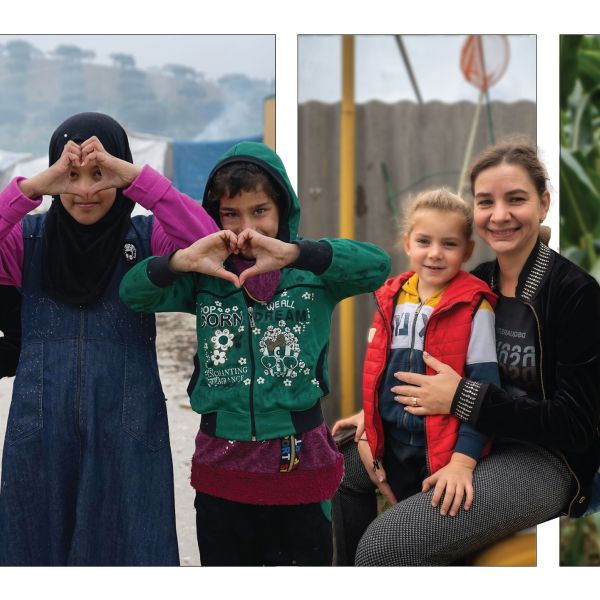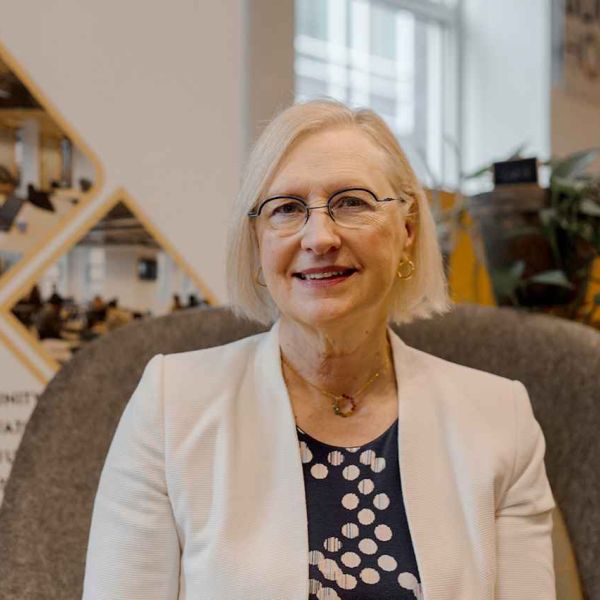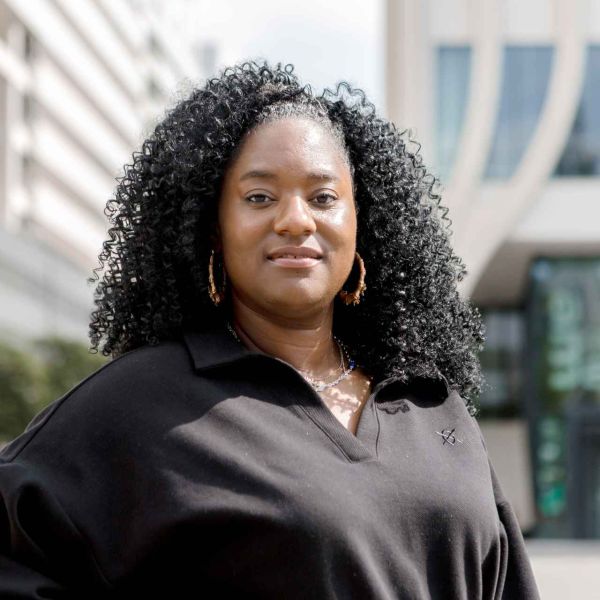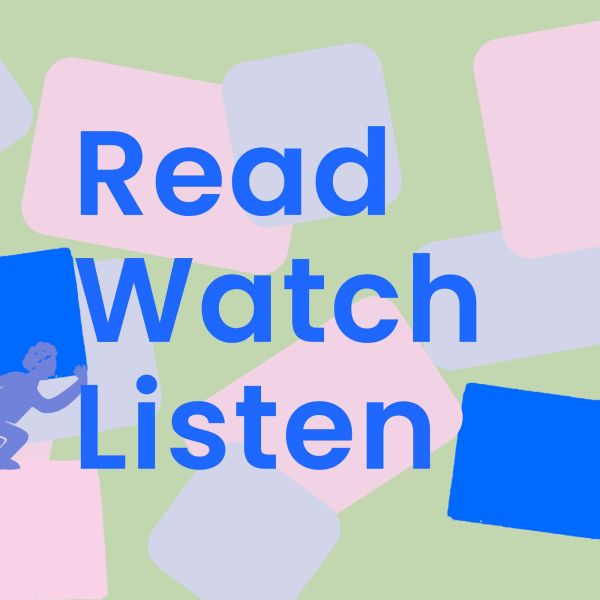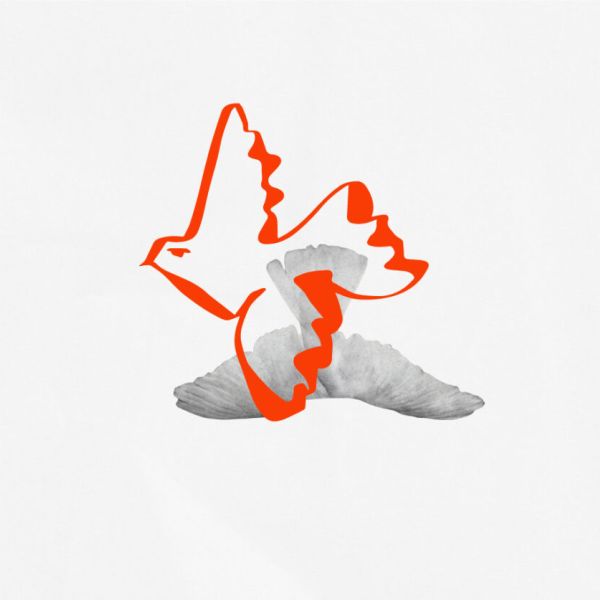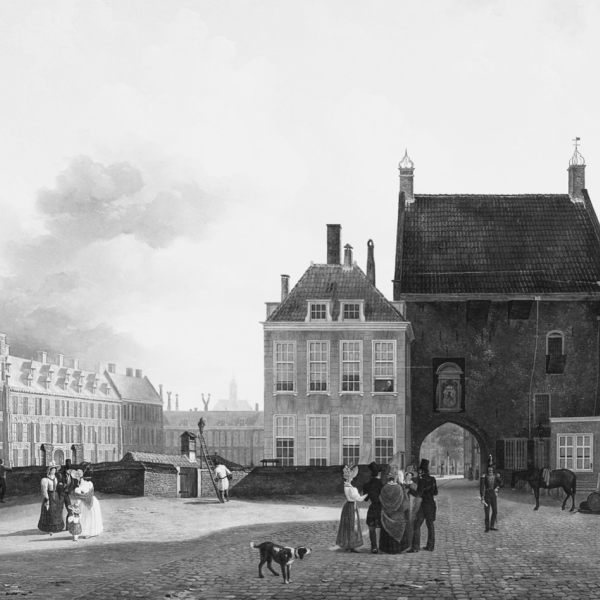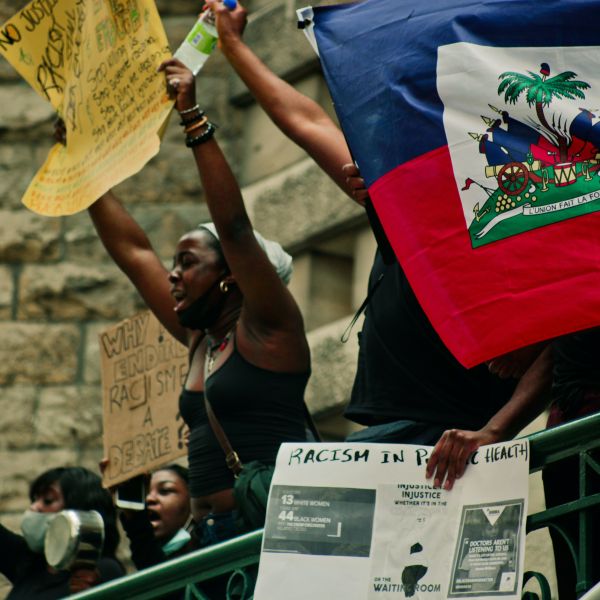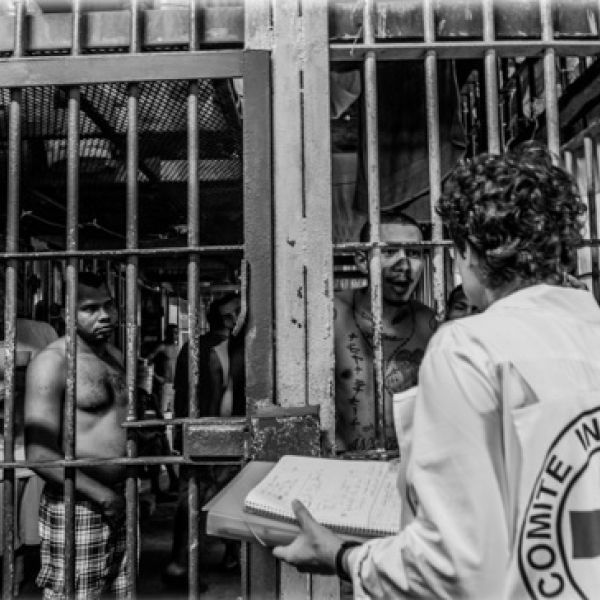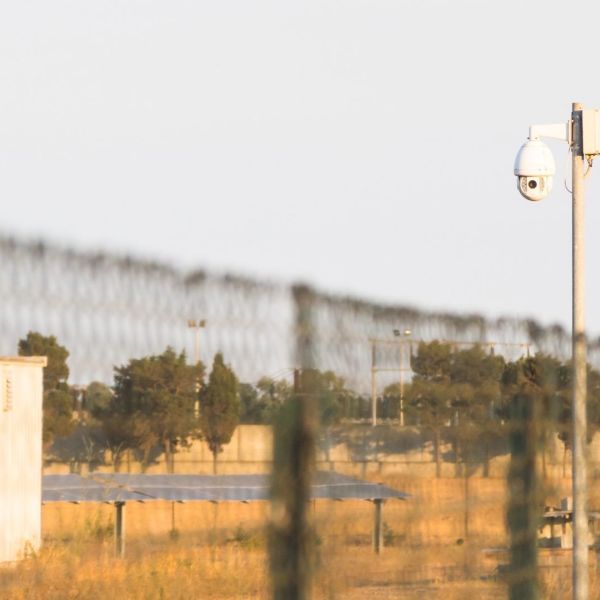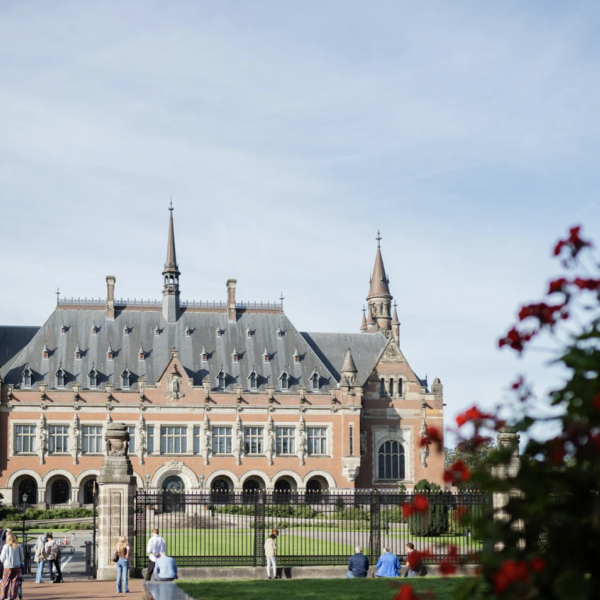Youth Peace Ambassador Rhea Mahanta looks back on the past two years
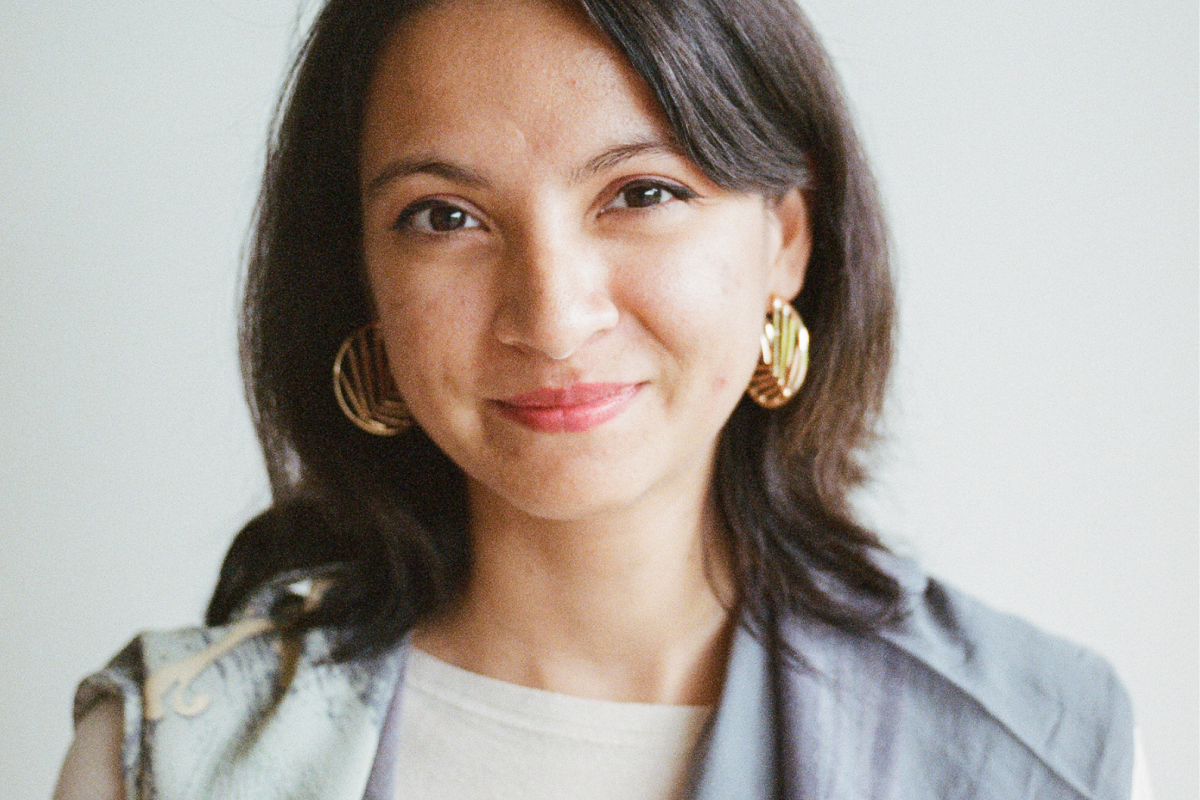
Introducing Rhea Mahanta, a passionate peacebuilder making a real impact! In 2021, she and her organization, The Peace Building Project, were awarded the Carnegie Youth Peace Prize.
Professionally, she is actively involved in a United Nations peacekeeping mission on the Sudan-South Sudan border. The Peace Building Project is an impressive youth-led volunteer initiative focused on conflict transformation and peacebuilding. Get ready to be inspired as we dive into her incredible journey and learn more about her impactful experiences.
Text & photography by Loretta Monique
How did you become the Youth Peace Ambassador?
"The project was looking for opportunities to engage on international platforms and take our initiatives to a global scale. And we saw the call for applications for the Carnegie Youth Peace Prize in 2021, so our team decided to apply for it. At the time we had some projects running on the ground, such as the Rohingya literacy project and a project to build a school for Afghan women in India, and this translated to a lot of academic and policy work that our volunteers were doing in their professional and academic fields. So we thought that this was a good opportunity to connect the two."
Why did you decide to start "The Peacebuilding Project"?
"The motivation keeps evolving over time; there are different moments that lead you to this kind of work. But the honest answer is the spiritual realization that we are here for a particular time on earth, and I wanted to make sure that my actions and contributions to this world would be meaningful and would have a lasting impact. And for sustainable peace, you can then see where in the world you are situated and what skills you have that can make the best impact on society.
One of the main issues I saw that was common across all challenges that we, as young people, want to solve, whether it's climate change, insecurity, human rights, or any other challenge, was that we didn't know how to resolve conflicts peacefully and strategically without resorting to violence. So I thought that conflict transformation would be the theme of my life, through which I would carry out work for sustainable peace."
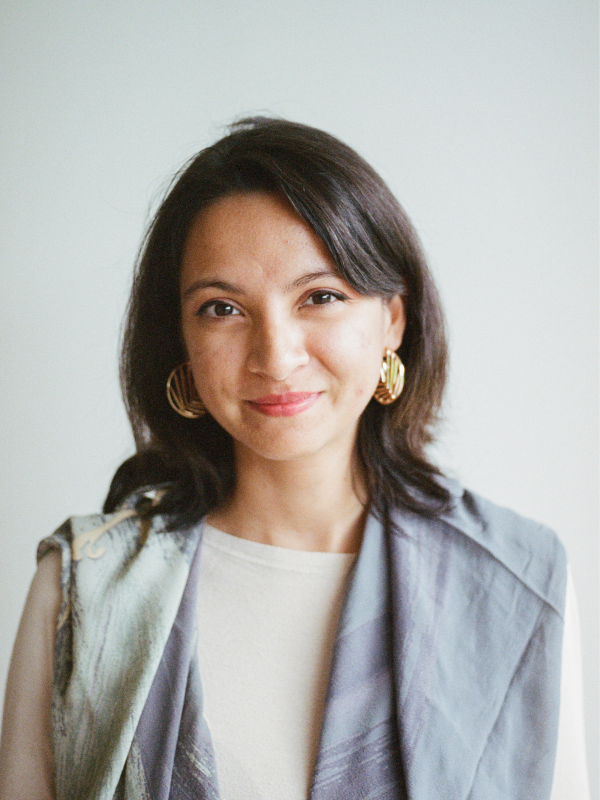
How did "The Peacebuilding Project" come into existence, and how did it grow from researching conflict causes at the University of Chicago to becoming a successful international organization?
"When I was studying at the University of Chicago, I noticed that there were many research institutes studying world conflicts, but few were engaged in peace processes to resolve those conflicts. So I thought it was a good place to start talking about peace and ways to transform conflicts.
Thankfully, I received support from the university. They provided us with spaces, funding for events, and helped spread our message through their networks, allowing us to organize training and workshops on conflict mediation, peace and security, and other topics.
We didn't want to stay only within the university, so we also took action in practice. We collaborated with communities, organized donation campaigns, and ensured that refugee families could integrate well with local communities.
From our experience in Chicago, it was easier to start similar programs in India. We organized workshops on nonviolent strategies, gender equality, and other important issues. Although we didn't have the same support as in Chicago, we remained active as a youth group. We held online workshops and dialogue forums and undertook projects such as assisting Rohingya refugees and providing skills training to Afghan refugee women."
Can you tell us more about "The Peacebuilding Project" and the things it has done, like helping Rohingya children with learning?
"Yes, of course! Under the Rohingya literacy program, we collaborated with refugee networks in India such as the Rohingya Human Rights Network. We taught Rohingya children basic skills such as English, mathematics, Hindi, and computer usage. We did this in the settlements where the Rohingya refugees lived.
This not only gave us insight into the lives of refugees but also the administrative challenges they face in seeking stable education. Our program or intervention was small compared to the structural changes needed for long-term and meaningful education for these children. That is something we still advocate for through our other activities, such as publications and campaigns."
What does "The Peacebuilding Project" aim to achieve, and how does it contribute to peace, education, and understanding among people?
"One of the main goals of the Peacebuilding Project is to promote civic engagement amongst young people. It's easy to look at the challenging problems of our time, point fingers at policymakers, and not take action. We want young people to voice their opinions constructively, not only to each other in echo chambers but also to those who make policies. We write letters to leaders and participate in campaigns to make our voices heard. Through dialogue and understanding, we want to contribute to peace and conflict resolution.”
"These problems do not stop at national borders, talking and working together is therefore the only way to address them."
Why are dialogue and collaboration essential for "The Peacebuilding Project"?
"At PBP, we believe that dialogue and collaboration are key to addressing global challenges such as climate change, human rights, conflicts, and other issues. We are convinced that all these matters are interconnected, without borders or boxes. Peace and understanding are crucial to solving these complex problems.
As we see it, PBP stands for collaboration. Everywhere in the world, different societies face numerous challenges, including environmental issues, human rights issues, insecurity, and wars, to name a few. And because these problems do not stop at national borders, talking and collaborating is the only way to tackle them. At PBP, we have engaged with various topics, from farmers' rights in India to gender equality, refugees, environmental pollution, and even COVID-19. Whatever the problem is, we can only solve it by pursuing peace and understanding. And that leads to collaboration."
How do you think winning the Youth Carnegie Peace Prize 2021 has impacted "The Peacebuilding Project," and what are your future plans?
"As a youth organization, it can be quite challenging to find entry-points into the international system. The Carnegie Youth Peace Prize provided us with an opportunity to showcase our work on a global level, so that our message of peace and our commitment to cross-border dialogues would be better heard. The platform gave us a chance to involve young people from the global south in networks where crucial policy decisions are made.
We don't know exactly what the future holds for us, but it has been a fantastic experience engaging with various organizations in The Hague that are committed to peace and security. We have learned a lot, from the Municipality of The Hague to research institutes, and that has helped us better position our work among other global players also striving for peace. As Youth Ambassadors of the Peace Palace, we have had valuable interactions, which will enable us to improve and share best practices, with hopes of building partnerships with other organizations in the future."
How can young people be encouraged to initiate peace activities and actively contribute to understanding and peace?
"As young people, we can do a lot. Volunteering is a great way to understand how society is structured and how to engage with the community. It's an incredibly valuable experience.
I would also encourage young people not to be afraid of questioning things. We need to talk to people and ask them questions to better understand the things that matter to us. Start with your Municipality, the officials in your state, members of parliament; write them letters, request appointments. Talk to politicians, NGOs, the press; that way, you'll quickly gain clarity about where you want to position yourself and what impact you want to have.
The most important thing is that while you're engaged in these topics, embody the values you want to promote. You need to know your subject inside and out to show that peace is the way."
What are your plans for the future?
"First and foremost, I'd like to say thank you to the Municipality of The Hague and all the organizations that have supported us, The Peacebuilding Project, so wonderfully and encouraged our mission. Thanks to the Carnegie Foundation Peace Palace, we got the chance to showcase our organization on a global scale and connect with various international players and approaches to peace.
As for our future plans, balancing security and sustainability with the humanitarian side, such as refugee resettlement, has always been a challenge. But we are determined to develop our program in a way that addresses this debate and helps parties weigh all interests. We truly want to be part of the ecosystem of the Hague and contribute to and contribute to the international city of peace and justice by offering our expertise and the lessons we have learned in the field."
